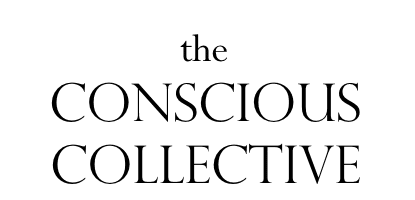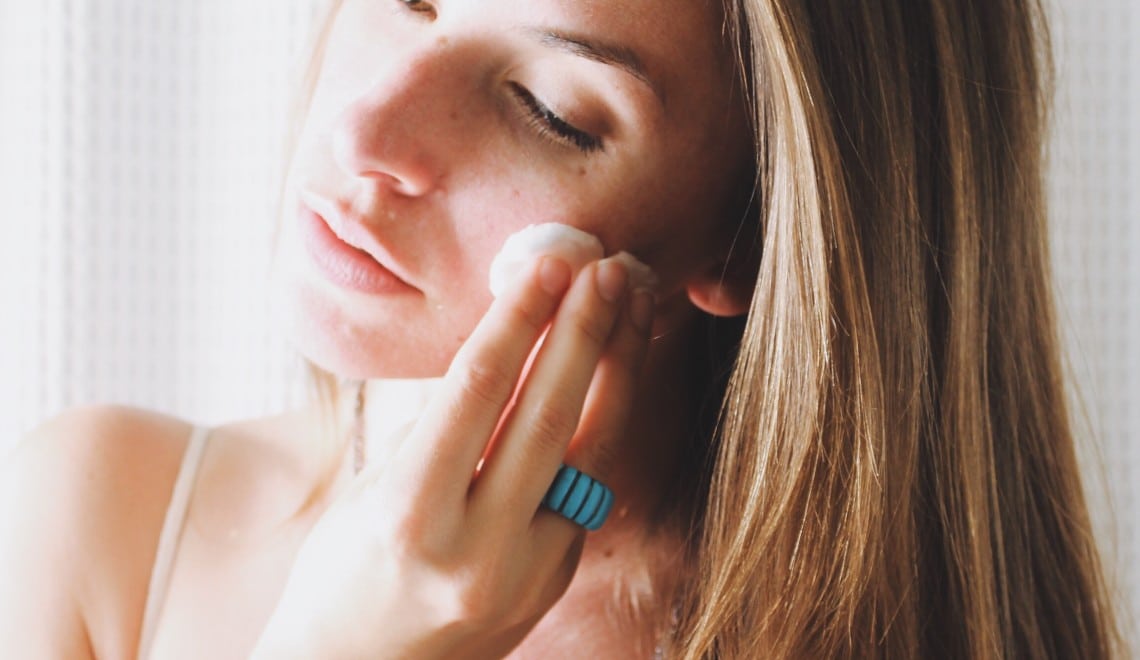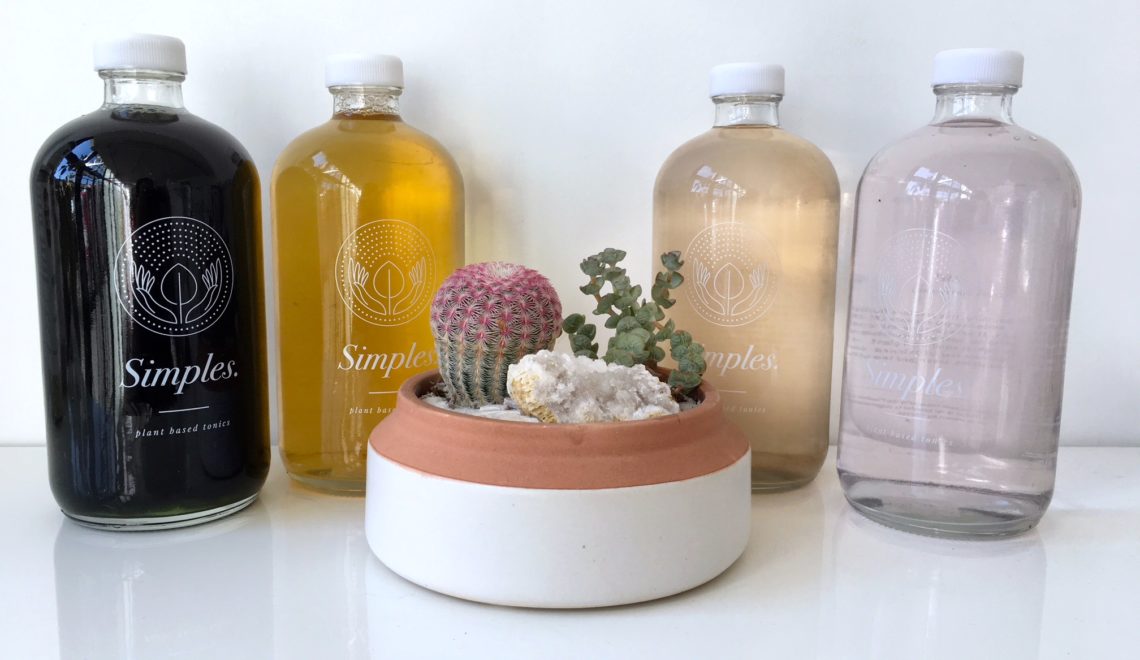Herbs 101: The Rose
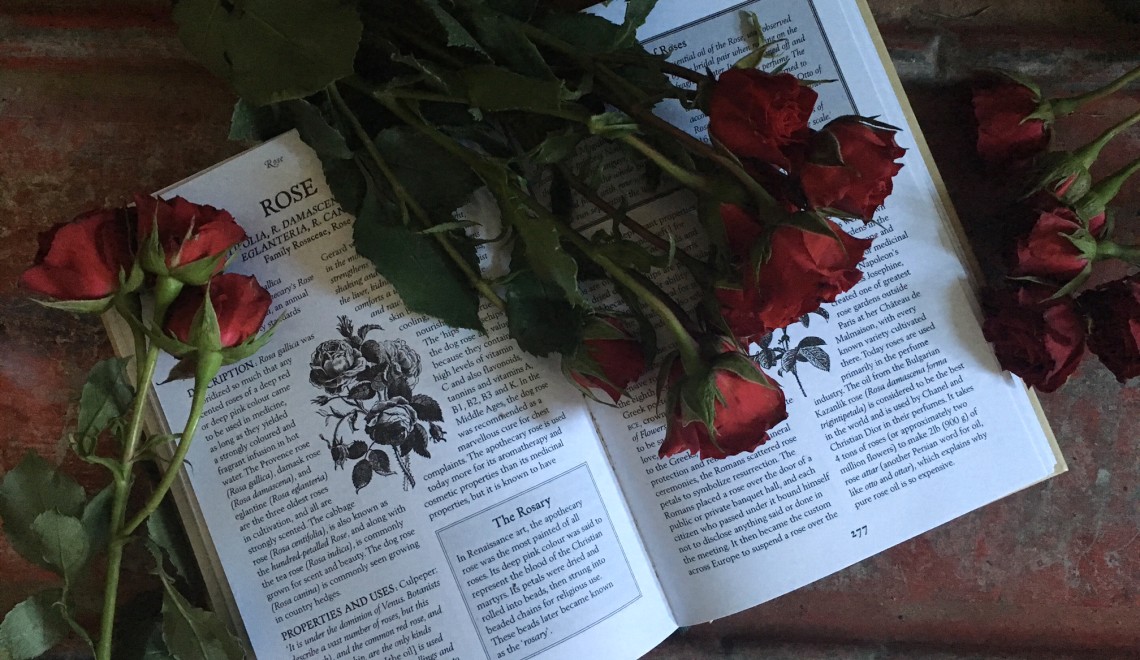
“A rose by any other name would smell as sweet.” -Juliet; William Shakespeare c. 1591
One of the most prolific writers of all time, Shakespeare portrayed the rose, such a beautifully wild and aromatic flower, as a romantic dream. Its scent – beginning with the its discovery and continuing on through to modern day — has been associated with love. Sacred to Aphrodite, the Greek Goddess of Love, and associated with the planet Venus, the rose is symbolic of a lover’s passion, beauty and the ability to nurture selflessly. There are hundreds of different species of roses and countless varieties, with each color symbolizing a different meaning.
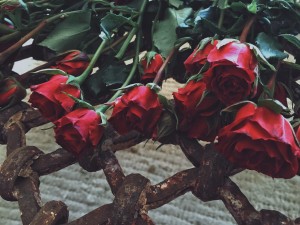 Red: love, passion, respect
Red: love, passion, respect
White: purity, innocence, reverence
Pink: romance, admiration, elegance
Yellow: friendship, joy, caring
Orange: happiness desire, sincerity
Purple: admiration & love at first site
Aromatherapy:
As we all know, nothing worth having comes easy. Rose oil is no exception. It takes approximately 2 million flowers, (close to 4 tons) to acquire a mere 2 lbs. of oil. Used in aromatherapy, rose is connected to the heart chakra and helps one open and heal one’s heart and is commonly used as a massage oil for it’s sedative and anti-depressant properties. Rose Otto, or oil, blends beautifully with other florals, as well as with woodsy scents such as bergamot, frankincense and patchouli.
NOTE: For an intoxicating aphrodisiac massage mix 4 drops each of rose otto, bergamot and neroli to at least 4 tsp. of a carrier oil of your choice.
Beauty:
The beauty of a rose doesn’t stop at it’s physical appearance or incredible essential oil. Every part of the rose can be used. The flowers, leaves and hips have all proved to be extremely important in moisturizing and nourishing the skin. Rose hips are rich in both Vitamins C & A, as well as in beneficial flavonoids and tannins. As mentioned in an earlier post, one of my favorite beneficial oil blends is equal parts rose hip and marula oil. Rosewater, as well, has been used for centuries as an aromatic facial toner and is one of my favorite parts of my personal beauty routine. This is a great travel companion to refresh dull and sleepy skin!
Culinary:
The use of rose water doesn’t stop at its connection to aromatherapy and religion. It has been traditionally used in the Middle East and other parts of the world as an addition to simple syrups, beverages and desserts. Rose water infusions can be used in both sweet & savory dishes though, and my only piece of advice when experimenting with this aromatic addition is not to go overboard. A little goes a long way!
